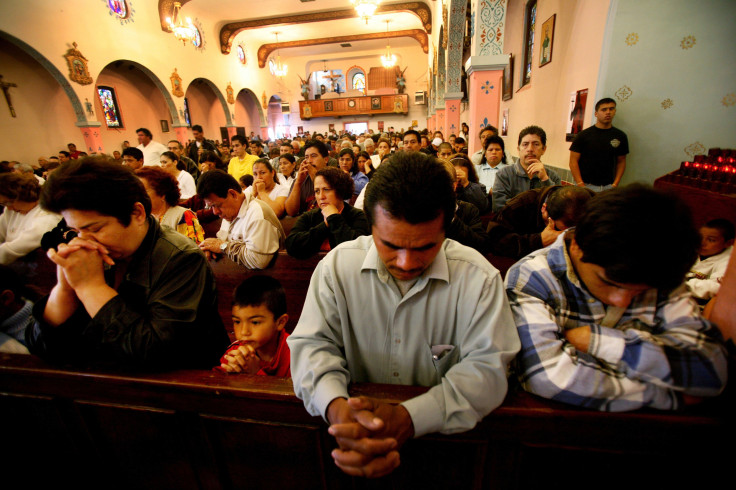
A federal judge in Maryland has issued a ruling restricting the Trump administration from conducting immigration enforcement actions at places of worship belonging to Quakers, Cooperative Baptists, and Sikhs.
According to CBS News, Judge Theodore Chuang's decision grants a preliminary injunction that prevents federal immigration authorities from carrying out arrests at these religious institutions while the groups pursue legal action against the administration.
The lawsuit stems from President Trump's reversal of a Biden-era policy that protected places of worship, schools, and medical facilities from immigration enforcement actions. The plaintiffs argue that the policy change violates the First Amendment and places a burden on religious freedom.
Judge Chuang found that the revised policy has led to a decline in attendance at these religious institutions, affecting both undocumented immigrants and legal residents who fear potential immigration enforcement.
Judge Chuang, appointed by President Barack Obama, ruled that the new immigration policy likely violates the Religious Freedom Restoration Act (RFRA) and the First Amendment. He noted that the fear of enforcement has pressured religious groups to modify their worship practices, effectively limiting their ability to gather as large and diverse congregations.
In a 59-page opinion, Chuang emphasized that armed law enforcement presence at places of worship negatively impacts religious practice, particularly for the Quakers and Sikhs, whose faiths emphasize communal worship. The judge also found that the Cooperative Baptist Fellowship, which provides immigrant-focused ministries, is similarly burdened by the policy.
As part of the ruling, the judge ordered the Department of Homeland Security (DHS) to reinstate the 2021 memorandum issued by former DHS Secretary Alejandro Mayorkas. This memo had previously restricted enforcement actions at sensitive locations, including religious institutions, to the fullest extent possible. However, Chuang's order does not prevent authorities from conducting arrests in places of worship if a warrant is obtained.
The Trump administration defended its policy, arguing that law enforcement should not be restricted in apprehending criminals and that places of worship should not serve as safe havens for undocumented individuals.
The ruling directly affects three religious groups:
- The Quakers (Religious Society of Friends) – A Christian group with a strong tradition of communal worship, dating back to the 1600s in the United States.
- The Cooperative Baptist Fellowship – A network of over 1,400 congregations across the U.S., many of which serve immigrant communities.
- The Sikh Temple – A place of worship near Sacramento, California, serving approximately 30,000 Sikh worshippers, with half of its congregation being immigrants.
© 2025 Latin Times. All rights reserved. Do not reproduce without permission.





